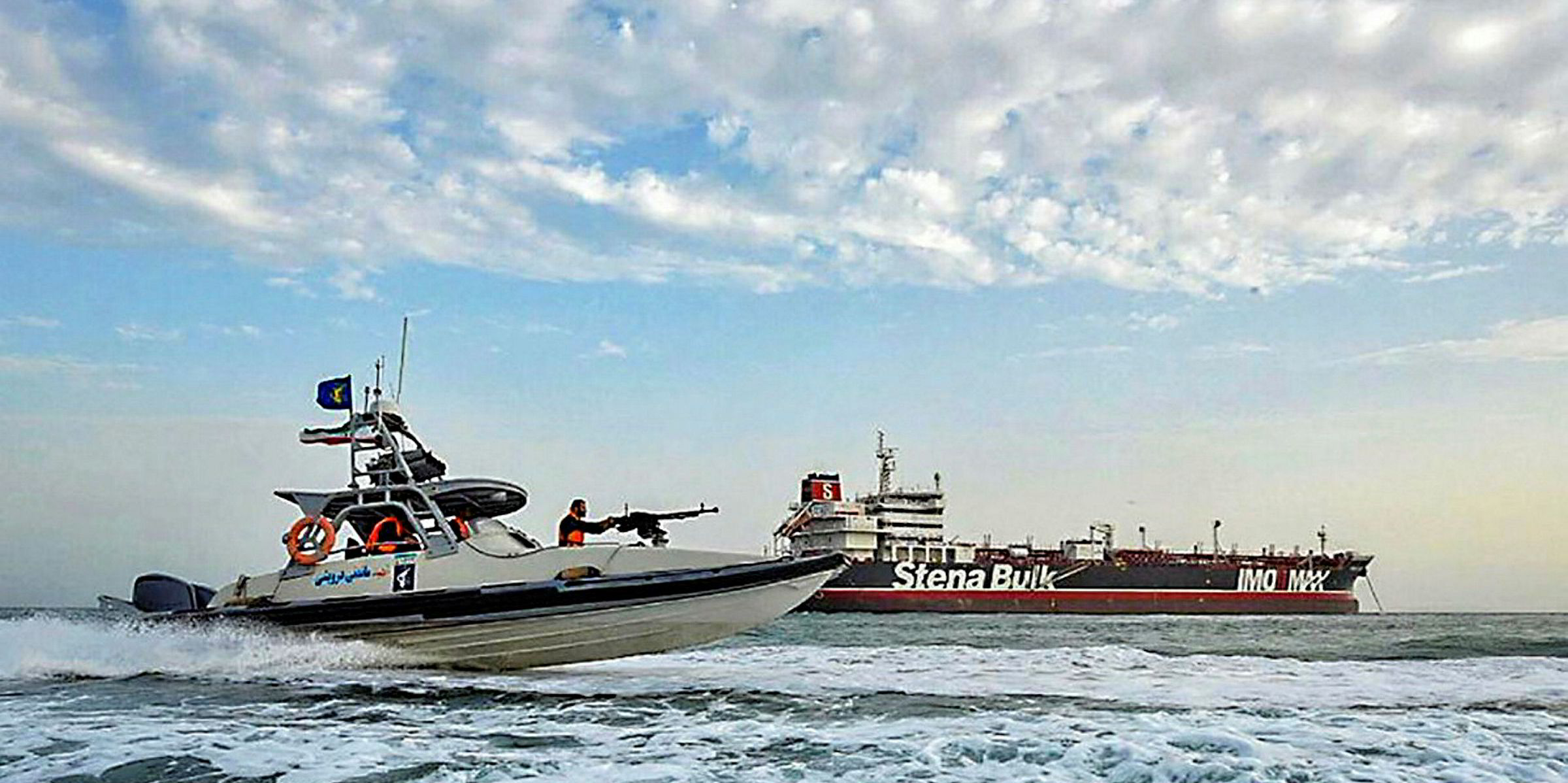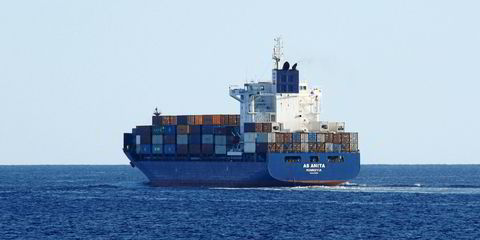London International Shipping Week once again has allowed the UK capital to show off its fabled status as one of the world’s most influential centres of maritime business and networking.
Its benchmark legal and financial infrastructure, language and culture give it an edge and character that many rival cities try to copy, while few succeed.
Yet the week has also once again exposed London’s sense of entitlement to world-leading status, which leaves it open to clear risks in an ever more competitive world. It is a dangerous state of mind that, if unchecked, risks slowly undermining its status.
A new report published this week revealed both sides of this conundrum; London’s leading position in several key professional service sectors, but with most policy initiatives in the recent past acting against the maritime cluster’s interest.
The irony was highlighted on the first day, with the week’s formal opening holding a photo shoot of shipping’s great and good at the London Stock Exchange, in a rather cliched version of a Wall Street IPO.
Yet as the report from Maritime London and consultant PwC made clear when it was released later that same day, the London stock market is a shipowning desert.
There are no listed commercial shipping companies on the UK stock markets, including the junior AIM market, except for specialists Carnival and James Fisher, and shipbrokers Clarksons and Braemar ACM.
Even contributors to the report apparently have reservations about encouraging new listings — even if there were candidates — “given the cyclicality of the sector and the variable quality and reputation of some smaller listed entities, which were seen as at odds with the UK market’s high regulatory standards”.
The best that London could hope for would be to encourage secondary or dual listings, such as for China’s Cosco.
Tough but fair picture
The PwC report, entitled Catching the Wave, paints a tough but fair picture of London, and even cemented in place a new acronym — should shipping have been running short — for the maritime professional business services industry, or MPBS for short.
While London leads the world in marine insurance, shipbroking and law, it is losing market share to rival centres in all of those sectors. Only in classification has it improved to fourth place thanks to Lloyd’s Register’s expansion.
Key to the pressure that London feels has been the exodus of shipowner principals in recent years, blamed on the current government’s personal tax measures. Changes in the non-domicile tax rules prompted “owners representing almost 2% of the global fleet” to flee the UK, with the important London-Greek community scattering to Geneva, Monaco and Athens.
The PwC report said bluntly that the UK is now “at a significant disadvantage in terms of owner presence”. In terms of tonnage under commercial management, the UK now ranks behind Greece, Japan, China, Germany, Singapore, Hong Kong, South Korea, Norway and the US.
The government's pledge two years ago to double the size of the UK flag has been another abject failure. A revolving door of flag bosses has neither had the policy tools nor the capability to deliver.
The delayed response to the recent Middle East Gulf crisis, with ministers reportedly being slow to act on intelligence over the threat to UK shipping, was another misstep. Shortly after, a British-flag ship — the 49,683-dwt tanker Stena Impero (built 2018) — was seized and other owners considered moving from the flag to avoid the risk.
Ship finance is another area where the UK has self-inflicted wounds. London only ranks 13th globally in ship finance — and even that position is under pressure. The reality is that there has been limited ship finance in London for more than two decades.
Despite these headaches, London remains a pivotal global centre of maritime business, largely because of the inertia of the industry and its inherent qualities, which are often removed from the specifics of shipping policy
But the state-backed rescue and restructuring of the Royal Bank of Scotland (RBS) following the 2008 banking crisis saw the UK eviscerate its only lender of scale to the shipping industry.
Waste of money
Insiders of that restructuring process talk of the staggering waste of money in repatriating loans, especially from Greece where RBS was particularly strong, in a politically driven strategy to refocus the bank as a domestic UK lender.
And it has now entered the folklore of Greek shipping that many owners were in effect kept solvent through the tough markets in the last few years by being able to buy back their RBS loans at significant discounts as part of the bank’s bonfire of shipping debt.
In the context of such policy blunders, it is surely delusional to suggest that UK government action will do anything to materially enhance London’s position in the short term, not least as the financial spending at its disposal remains tightly restricted. Brexit will not make that situation any easier.
Nevertheless, despite these headaches, London remains a pivotal global centre of maritime business, largely because of the inertia of the industry and its inherent qualities, which are often removed from the specifics of shipping policy.
Shipping people flock to London to negotiate and sign deals, secure in their faith of a stable legal, insurance and professional culture. And that is not going to change anytime soon.








